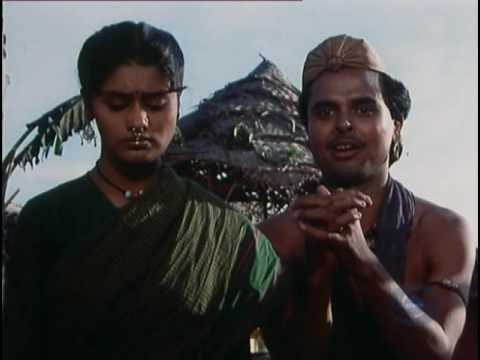
With Shyam Benegal at its helm, who was already a National Award winning filmmaker at the time, the show also saw some of the finest actors at work here, which elevated a simple exchange between two characters to a marvellous scene. The non-complicated nature of its storytelling worked in its favour as it was quite straight forward, yet it maintained the charm of dramatically re-enacting historical events from the country’s past. This was before the private channels entered the market so on a day when Bharat Ek Khoj aired, it hardly saw any competition. ZEE TV’s Jodha Akbar enjoyed a huge fan following during its run.īharat Ek Khoj comes from an era when television viewing was still seen as an event. Both shows were termed highly successful in their respective eras so they had the potential of giving a sense as to how the genre has moved on in the last few decades. Even Sanjay Khan’s popular show The Sword of Tipu Sultan, that left the audience in awe with its massive production scale, was based on a book by Bhagwan Gidwani, thus never claiming to be true to history.īut what was it about shows from the late 1980s and early 1990s Doordarshan era that made us believe in their authenticity a bit more than what we see on the entertainment channels today?įor the purposes of this article, I revisited a few episodes of DD’s Bharat Ek Khoj and ZEE TV’s Jodhaa Akbar to find what sets them apart. After all, interpretation is key when it comes to narrating history.

Of course, the events were true but the interpretation was seen through the eyes of Nehru, and later Benegal. Bharat Ek Khoj was based on Jawaharlal Nehru’s book Discovery of India which had him explaining the evolution of India over the ages. The Shyam Benegal directed series, which was first broadcast on Doordarshan in 1988, turned out to be a much needed history lesson for many of its viewers but the show never claimed itself to be historically accurate. A still from Doordarshan’s Bharat EK Khoj.įor instance, take a show like Bharat Ek Khoj. Makers often rely upon a piece of text or literature for their shows that gives them a chance to tailor certain historical events to their storytelling.

Disclaimers give them a little liberty to dramatise events that may not have taken place in the exact same way, but it also gives them an exit while creating love stories for the sake of TRPs.

To save them from some dire consequences incited by a possibly angry mob, television shows have always relied on the humble old disclaimer that gives them some legal coverage, and some moral coverage too.


 0 kommentar(er)
0 kommentar(er)
